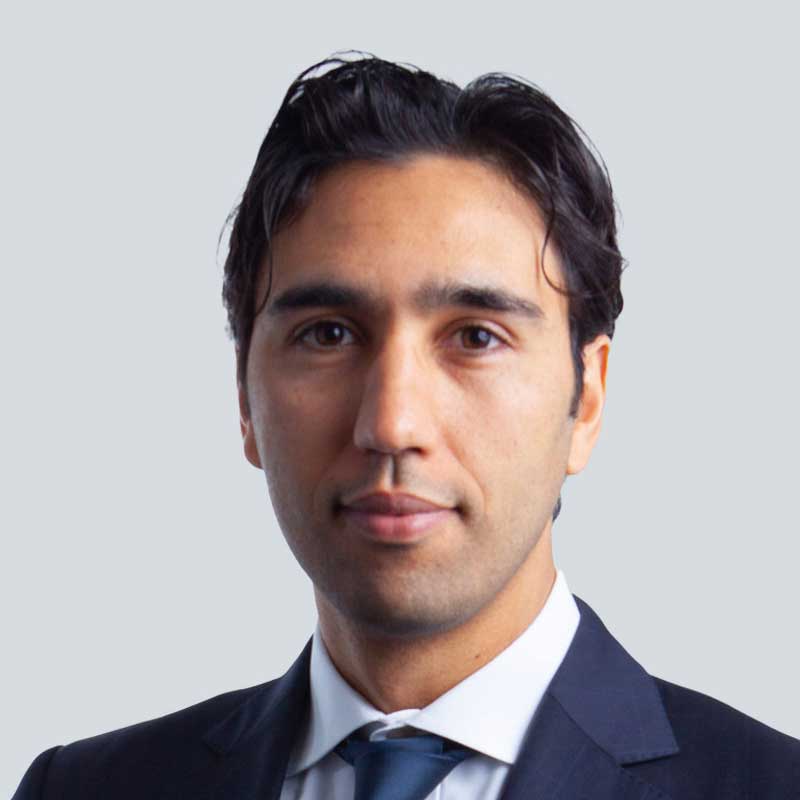
Radical Transparency
Issue 7 - 10 August 2020
One of the basic principles of fairness in ancient commerce is symmetry of information, in other words ensuring both sides of the transaction have visibility to the same information. This is a pillar of Islamic finance and was a subject of great debate among ancient philosophers. So what information do we share with our investors and counterparties?
I highly recommend reading Nassim Taleb’s essay Why Each One Should Eat His Own Turtles It does a great job of laying out how we feel about transparency, in particular:
“It may not be ethically required, but the most effective, shame-free policy is maximal transparency, even transparency of intentions.”
In trader lingo, there is a concept of 'The Swiss' – these are suckers far away to whom one owes no loyalty or transparency. These are the German banks and Asian insurers who were sold toxic mortgages in the sub-prime crisis. Those selling them would never have bought a dime’s worth - in fact, they were sometimes on the other side of the trade.
'Peers' (fellow traders) are seen as comrades and are owed a great deal of transparency and honour. With one group the approach is Caveat Emptor (“you signed the Offering Memorandum, sorry”), and with the other there is a long-term relationship focused on fairness and working together that requires a very high degree of trust.
In our view, anyone who has entrusted money from us are “peers” for this purpose. They deserve to have all the information that we would want to know if our roles were reversed. They have shown a huge amount of trust by investing with us and are certainly not 'The Swiss', albeit they may live in Zurich.
You can tell where you stand by asking for proper transparency in due diligence – bank account records direct from the bank is a good example. In addition, managers should volunteer information such as the contact details of independent directors. If they don’t, why not?
I can’t imagine a worse position than having your or someone else’s money, that has been entrusted to you, stuck in an investment where you can’t get information and comfort. I’ve unfortunately had to help friends to deal with this situation in other funds and it was a very educational experience. I saw first-hand the contempt some managers have for the people who pay their bills.
It’s one thing to lose money in the normal course of investing when a well-conceived investment fails due to a particular risk materialising. Although the financial effect is the same, it seems far worse to lose capital due to poor management or an operational issue that one did not anticipate when one invested in good faith (mismatches, fiduciary fraud and conflicts of interest come to mind). If I was to be in the allocator’s shoes, I would expect honesty and clarity around exactly what went wrong and what has changed to mitigate the chances of it recurring. Any dishonesty or vagueness on this point would make me deeply uncomfortable.
We are in the business of credit due diligence. Unfortunately, a big part of this job is keeping our eyes open to potential fraud and often assuming the worst, until proven otherwise. With that in mind, we require a great deal of transparency from our portfolio companies and so we rightly expect to give our investors the same.
Below are some of the practical things we offer bona fide investors. This list is continually being added to, but we believe most of these are far from typical across the fund management industry:
- Offer our investors access to our credit committee minutes (or live observer status). We appreciate this information is sensitive, but we’re on the same team after all.
- Access to the fund directors as well as our own independent directors.
- Transparency around the cash-flows and liquidity of the underlying fund from the source (such as documents directly from our bank or the lawyers involved in a particular deal).
- Transparency around staff incentives.
- Access to some of our other investors as references.
- Transparency around our own personal balance sheets and our allocations to the funds (exactly how much of our own cooking are we eating?).
We will continue to grow this list as our investors needs and wants change.




















